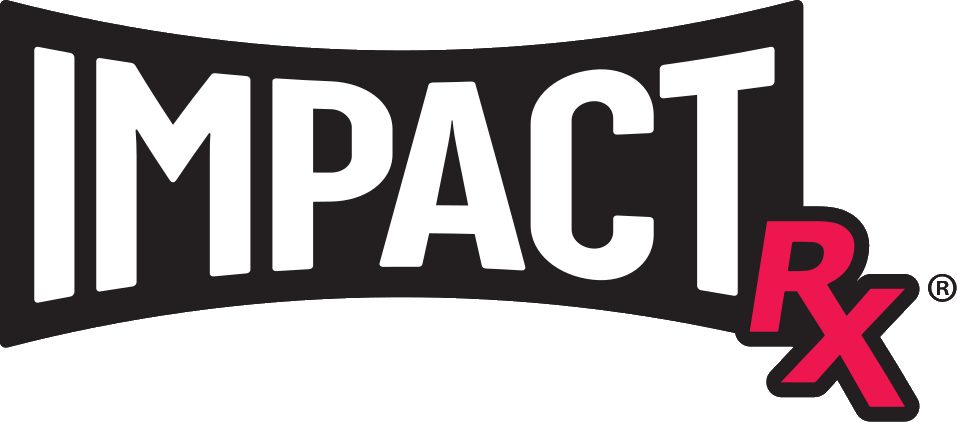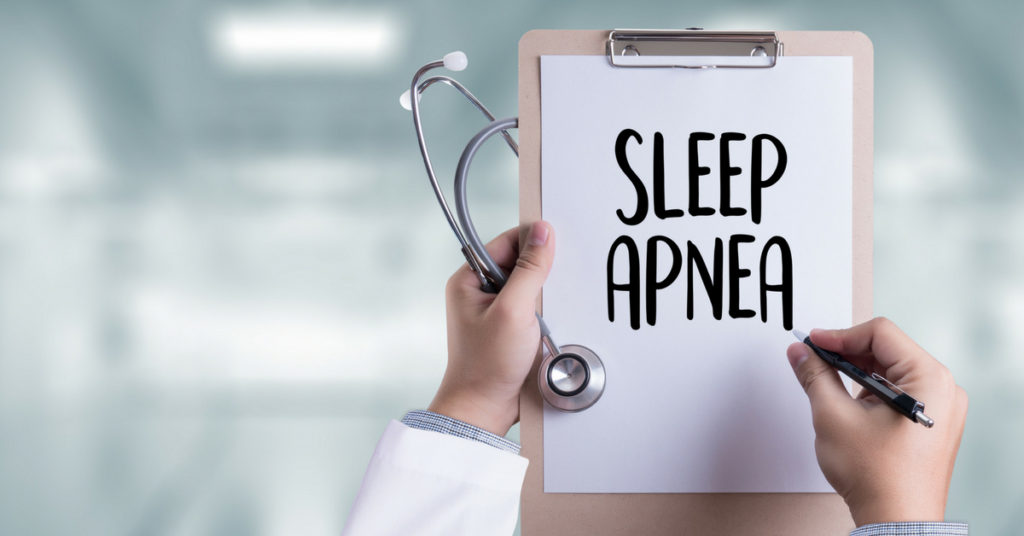If you’re waking up with tired, sore jaw muscles or sensitive teeth, you might be grinding your teeth all through the night. And there may be more to it — according to The National Sleep Foundation, one of the biggest risk factors for teeth grinding, also known as bruxism, is a condition called obstructive sleep apnea.
Sleep apnea occurs when the throat muscles relax during sleep, blocking the airway and interrupting breathing.
Bruxism is considered an oral health problem and a sleep-related movement disorder because it occurs at night and you have no control over your jaw movement. Symptoms include tooth sensitivity, muscle pain in your head, face, jaw or neck, and dryness of your lips, gums or throat. Teeth grinders also may experience fatigue during the day, trouble sleeping, snoring, stress and problems with staying focused while awake. According to sleepapnea.org, these are also common symptoms of obstructive sleep apnea.
The National Sleep Foundation says almost one in four people with obstructive sleep apnea also grind their teeth at night, with men suffering more than women. Why are the two conditions connected? Researchers believe that when you are awakened from an apnea, your heart and respiratory rates are increased while stress hormones flood your bloodstream. This stress response increases muscle activity in the jaw, which then causes teeth clenching or grinding.
Another theory, according to sleepapnea.org, is that, during an apnea, snoring, or even a partial obstruction (called a hypopnea), the tissues along the upper airway collapse. This creates airway instability and that can cause the brain to signal the jaw to tighten its muscles in order to stiffen the softer sides of the throat. By doing so, this can help airway tissues avoid collapse so you can receive adequate air flow without interruption while you sleep.
According to sleepapnea.org, at-risk groups for sleep apnea when a case of bruxism is also identified include:
- Petite women
- Kids with ADHD and other learning disabilities
- People with a long neck
- People who did not breastfeed as infants
- People with anxiety and depression
In addition, if you’re overweight, if you snore often and loudly, if you have high blood pressure or if you suffer from extreme daytime fatigue, you are also at risk and should consult a doctor. If you have moderate to severe sleep apnea, the most common treatment method is a continuous positive airway pressure device (CPAP). This is a mask that fits over the nose during sleep and uses air pressure to keep airway passages open, helping to prevent sleep apnea. Making simple lifestyle changes such as losing weight, quitting smoking and treating nasal allergies also may help, in addition to wearing a quality dental guard at night to protect against grinding and gnashing. For more on finding a quality dental guard, visit www.sleepright.com.
For those who suffer from both sleep apnea and bruxism, there’s good news: If the sleep apnea can be managed, then usually the teeth grinding will follow suit. Studies have found that when patients with both bruxism and sleep apnea use a CPAP, their breathing complications greatly improve and the grinding stops completely.



